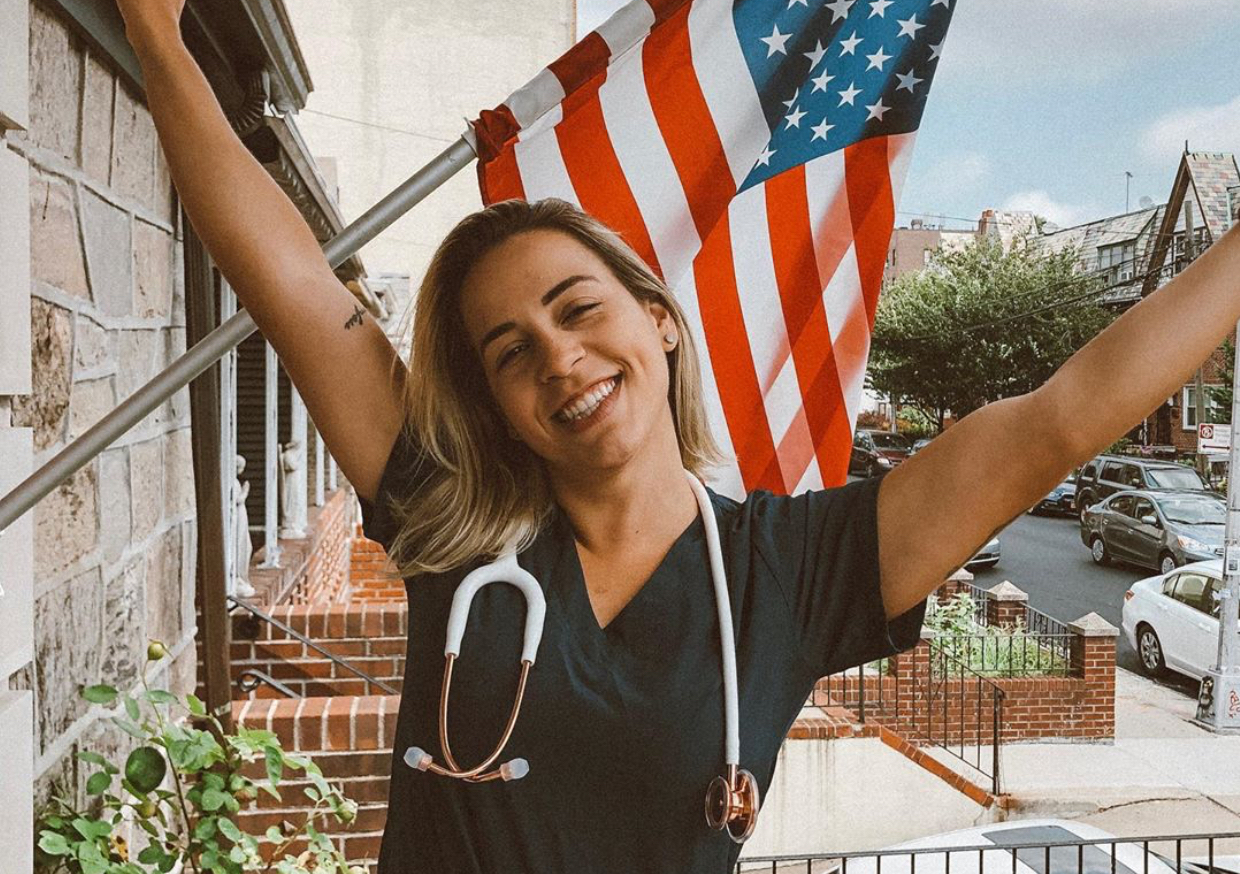By: Ryan Palmer, EdD, MFA
Chief Academic Officer, AMOpportunities
Across the country, healthcare training programs are under pressure. Schools are eager to launch new programs or expand enrollment to meet workforce needs—but there’s one major constraint standing in the way: clinical rotations.
The shortage of quality clinical training sites has quietly become one of the biggest bottlenecks in healthcare education. Without access to reliable, accredited clinical experiences, programs can’t grow. In many cases, they can’t even start.
This directly fuels the healthcare provider shortage. More students want to train. More schools want to teach. But the pipeline narrows when the clinical network isn’t there to support it.
That’s why AMO exists—to be a trusted educational partner that helps institutions overcome this barrier.
Here’s how we do it:
- Subscriptions- Schools gain access to our national preceptor network and work hand-in-hand with our team to find and secure rotations that fill schedule gaps and ensure students stay on track.
- Accreditation Assistance- For new or expanding programs, AMO supports the accreditation process by helping schools build their clinical network and secure affiliation agreements aligned with accreditor expectations.
- Focused Recruitment- AMO secures guaranteed sites for schools where and when they need them—for a full academic year. These sites can remain with the school indefinitely, providing long-term stability.
- Clinical Hubs- We help schools establish concentrated clinical hubs where student cohorts can complete all required and elective rotations in one geographic location. By training in a community, students become part of the local healthcare team and build lasting relationships—making them more likely to stay and serve in that community.
If your program is facing clinical placement challenges—or planning to expand—let’s talk.
📅 Schedule a time with Ryan Palmer to explore how AMO can support your goals. We’re ready to help you unlock growth and train the next generation of healthcare providers.







Leave A Comment